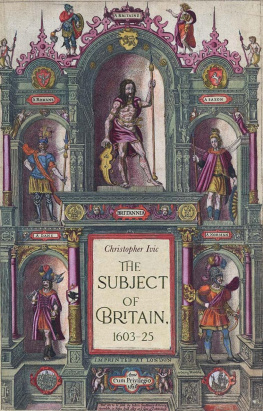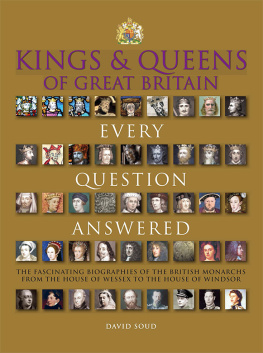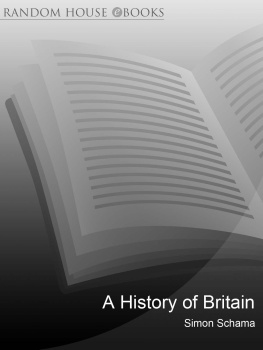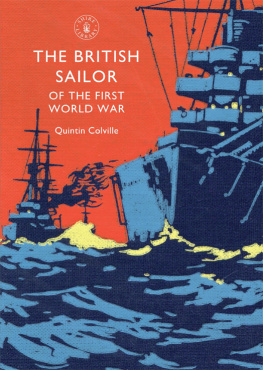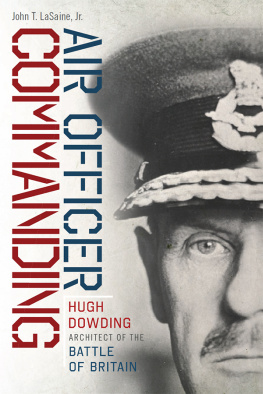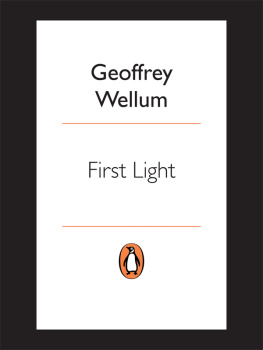Introduction.
Table of Contents
This volume is the outgrowth of action taken by the Society at its annual meeting in October, 1906, when a committee consisting of Mr. Waldo Lincoln, Professor William MacDonald, and Dr. J. Franklin Jameson was appointed to arrange for a new volume of the Society's Transactions. At the April meeting, 1907, the committee was given power to proceed with the publication of the British Royal Proclamations relating to America, and in October following appointed the writer to edit the volume. The editor spent the summer of 1908 in England engaged in this undertaking.
The present volume includes all English Royal proclamations which concern North and South America, from 1603 to 1783. Only those proclamations are printed which emanated directly from the King. The numerous declarations and proclamations issued by provincial and colonial governors, the unauthorized proclamations of minor English officials serving in America, the proclamations of the governors-general of Canada and the Thanksgiving and Fast-Day proclamations of the New England governors have all been omitted. They are documents of another class, and exist in such profusion as to be quite beyond the scope of this volume. These colonial proclamations, furthermore, are practically never entered in the English records. As original broadsides, they are very rarely found in English depositories, but are scattered throughout the libraries and archives of America. Enough of these exist to form the basis of another volume. Limiting the present field to royal proclamations allows the subject to be covered with reasonable completeness.
Proclamations only are included, under which heading would come manifestos and declarations of the King. In a few cases proclamations were issued by the Lords Justices during the King's absence from England. The great mass of orders in council, which were occasionally issued as broadsides, but generally are found only in manuscript entries, are not included. These are now being printed in the "Acts of the Privy Council, Colonial Series," the third volume of which has progressed as far as the year 1745. Another class of proclamations rejected are those of the Lords Lieutenants of Ireland, which repeat verbatim the English orders in council.
From the early days of English history, proclamations were issued by the Crown to make known to the people new acts or regulations or declarations of public importance. Distributed for public view in printed broadside form, they have been familiar to twenty generations of English-speaking people. Yet, in spite of their frequency of issue and in spite of their occasional importance as public documents, there has been scarcely a book upon the forms of English government or upon the history of records, which gives a detailed account of the method of issuing, entering, and publishing proclamations. It remained for Mr. Robert Steele to compile during the past year, "A Bibliography of Royal Proclamations, 14851714, with an Historical Essay on their Origin and Use." This work, in two folio volumes, forms volumes five and six of the Earl of Crawford's splendidly published series, the Bibliotheca Lindesiana, and in this country can be consulted at most of the large libraries. Mr. Steele so thoroughly treats of the issuing, enforcement, and history of proclamations, that more than a brief allusion to their method of publication is unnecessary in this place.
Proclamations, during the seventeenth and eighteenth centuries at least, usually underwent the following routine. They were drawn up by the Attorney General upon instructions from the Privy Council, then engrossed on vellum and signed by the King. After having been printed as broadsides in an edition of a thousand or more by the King's printer, they were sent by messengers to the sheriffs of the various counties and towns, by whom they were posted. A document of the period of Charles II preserved in the Public Record Office shows the method of issuing a proclamation:
"Proclamations how passed.Proclamations are usually drawn by the Attorney Generall and assented to by the Council and brought down to a Secretary of State to be engrossed in vellum and soe signed by the King (without any attestation of the Secretary), then being dated they are sent (sealed in a paper) to the King's Printing House by a messenger, who of course receives for their service 2s. 6d. of the Printer. Then are printed off such a number as is judged convenient, and of them some Copys furnished on the K.'s and to the Secrys to the Councell, &ca.: and 1250 are carryed to the Clerk of the Crown to be distributed under the Great Seal, together with the original Proclamation signed by the King, which is there kept upon a File for the Clerk of the Crown's discharge and warrant. There are made up by the Clerk of the Crown, 66 writs directed to so many Sheriffs; each containing a certain number of proclamations tyed up with a Label, and then sealed. These writs are delivered over to the 4 Riding Messengers, whose office it is to distribute them, and for their pains have among them 40 out of the Hanaper paid by Bill, if it be ye King's business (as generally they are), or else 50 if it be a private man's concern. His fees for the 66 writs are, 22 at 6s. 8d. per writt. The Printer has, by old Rates & Custom, 1d. per sheet for what he prints at the King's charge which comes to 15 for a Proclamation, and upon bills exhibited to the Lord Chancellor is paid in the Hanaper. His bills for quantitys furnished to the Secretary's office are attested by the Secretaries respectively & those to the Council office by the Clerks there." (S.P.D. Entry Book 72, p. 219, quoted by Steele.)
Another interesting side light upon their method of distribution is shown by a quotation from the records of the Privy Council:
January 10, 167879. "Whereas his Majesty did this Day in Council take notice of some Proclamations that have issued whereof no notice has come into severall parts of the Kingdome than what happens to be given by the Gazet, notwithstanding the great charge that is brought unto his Majesties accompt for the sending and Dispatching all Proclamations that issue, therefore to reform this abuse, and to settle for the future a method of lesse expence, and more certainty and expedition in the publique Service, It is this day ordered by his Majesty in Councill that the Right honorable the principall Secretaries of State do call before them Philip Frowde Esq. Governor of the Post office, and settle a method for sending all Proclamations to the respective Sheriffs, so as the next Postmaster to such Sheriff be charged with the Delivery of the same, and send up the Sheriffs receipt for his Discharge. The clerk of the Crowne is also to be summoned, and orders given him, that as soon as Proclamations passe the Seale, he do deliver them the next post day into the Post office and take a receipt thereof for the Discharge of his Duty herein, And the messengers of the Exchequer who have formerly been intrusted with this Service to his Majesties Damage and Expence are to be summoned and acquainted with the Rule that is now to be established, and that they desist hereafter from intermedling with this matter." (Privy Council Register, II Chas., 14:12.)




